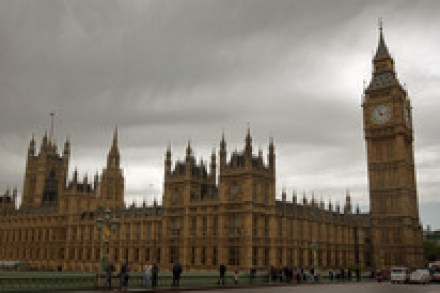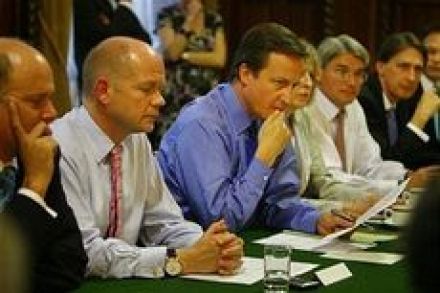The Cameron project is more intellectually interesting than we appreciate
David Brooks is the most influential American newspaper columnist and his column today is a paean of praise for George Osborne. He praises Osborne for offering not just pain but a “different economic vision — different from Labour and different from the Thatcherism that was designed to meet the problems of the 1980s.” He goes on to argue that Cameron and Osborne’s responsibility agenda is something that the Republicans should copy. This isn’t the first time that Brooks, who Tim Montgomerie identified as a guru for Cameron back in 2007, has applauded the Tories. Back in the Spring, he said that Cameron’s attempt to position the Tories as the party




















